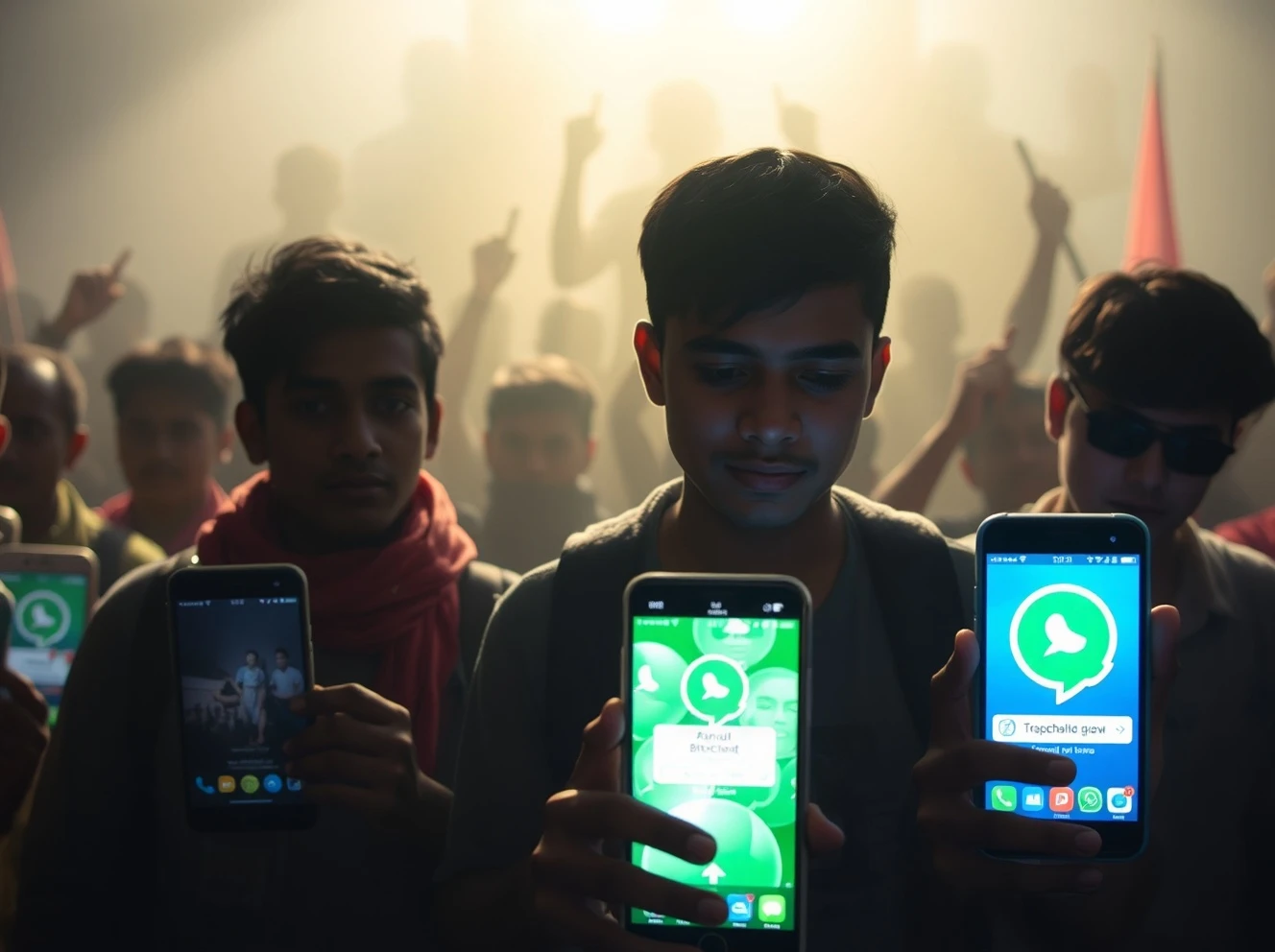When Nepal’s government blocked 26 social media platforms during recent protests, citizens discovered an unexpected digital weapon: Bitchat. Jack Dorsey’s decentralized application witnessed downloads skyrocket from 3,300 to over 48,000 in mere days, transforming it into the protesters’ primary communication tool.
Bitchat’s Meteoric Rise in Nepal
Political turmoil sparked unprecedented Bitchat adoption. Protesters against corruption faced severe government crackdowns resulting in over thirty deaths. Consequently, Prime Minister KP Sharma Oli resigned amid mounting pressure. Traditional social media bans forced Nepalese youth to seek alternative platforms. They found their solution in Bitchat’s unique architecture.
How Bitchat Circumvents Censorship
Bitchat operates through peer-to-peer technology without requiring internet connectivity or user registration. This design makes government censorship extremely difficult. Experts like Christian Ruz note that decentralized messaging apps will experience adoption explosions during political crises. The application functions through three key features:
- Offline capability – Works without internet connection
- No registration – Requires no personal information
- Peer-to-peer network – Eliminates central servers
Indonesia’s Parallel Bitchat Adoption
Similar patterns emerged in Indonesia during protests against parliamentary allowances. Police repression intensified public anger, particularly after a young rideshare driver’s tragic death. Thousands adopted Bitchat as a secure communication channel. This parallel adoption demonstrates Bitchat’s global potential as a censorship-resistant tool.
Bitchat’s Technological Foundation
Bitchat represents more than just messaging technology. It embodies a growing movement connecting social demands with decentralized innovations. Like Bitcoin disrupted traditional finance, Bitchat creates free speech spaces beyond government reach. The application provides:
- Complete communication autonomy
- Protection against surveillance
- Resilience against shutdowns
Global Implications of Bitchat’s Success
Bitchat’s Nepal and Indonesia success stories offer templates for other Global South nations. Countries experiencing political, economic, and social crises now have a proven digital resistance model. Decentralized technologies transition from theoretical concepts to practical political tools. This shift demonstrates technology’s evolving role in modern protest movements.
Bitchat’s Future as Protest Infrastructure
The application joins an expanding arsenal of digital resistance instruments. It serves increasingly autonomous and resilient protest movements worldwide. Bitchat’s architecture ensures communications remain operational during internet blackouts. This capability makes it invaluable for organizers operating under repressive regimes.
Frequently Asked Questions
What makes Bitchat different from other messaging apps?
Bitchat operates without central servers, internet dependency, or user registration. This decentralized approach prevents government blocking and surveillance.
How did Bitchat gain popularity in Nepal?
When Nepal banned 26 social platforms during anti-corruption protests, citizens sought censorship-resistant alternatives. Bitchat’s unique capabilities made it the preferred choice.
Can governments block Bitchat effectively?
Bitchat’s peer-to-peer architecture and offline functionality make complete blocking extremely difficult compared to traditional centralized platforms.
Does Bitchat work without internet access?
Yes, Bitchat can operate through local wireless networks and Bluetooth connections without active internet connectivity.
Is Bitchat available globally?
Bitchat remains accessible worldwide through various app stores, though adoption spikes typically occur during political crises.
Who created Bitchat?
Twitter co-founder Jack Dorsey developed Bitchat as part of his broader vision for decentralized, censorship-resistant technologies.






